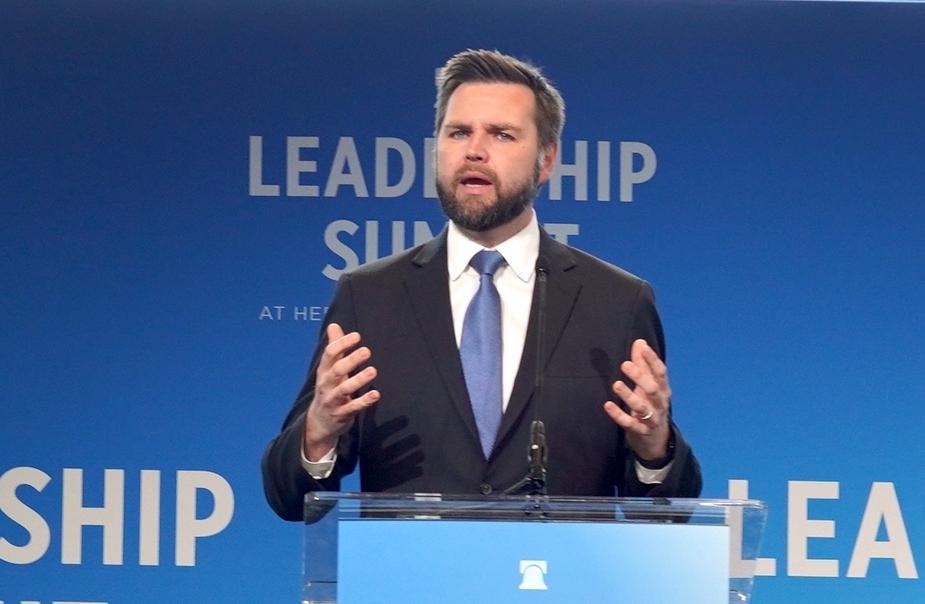Sen. J.D. Vance (D-Ohio) introduced legislation to level the playing field in the banking system, enabling community and small regional banks to better compete against too big-to-fail financial institutions.
The Payroll Guarantee Act, submitted on July 20, would extend unlimited deposit insurance to all non-interest-bearing transaction accounts. The bill would mainly target business payroll and operating accounts and apply to banks with a maximum of $225 billion in assets.





